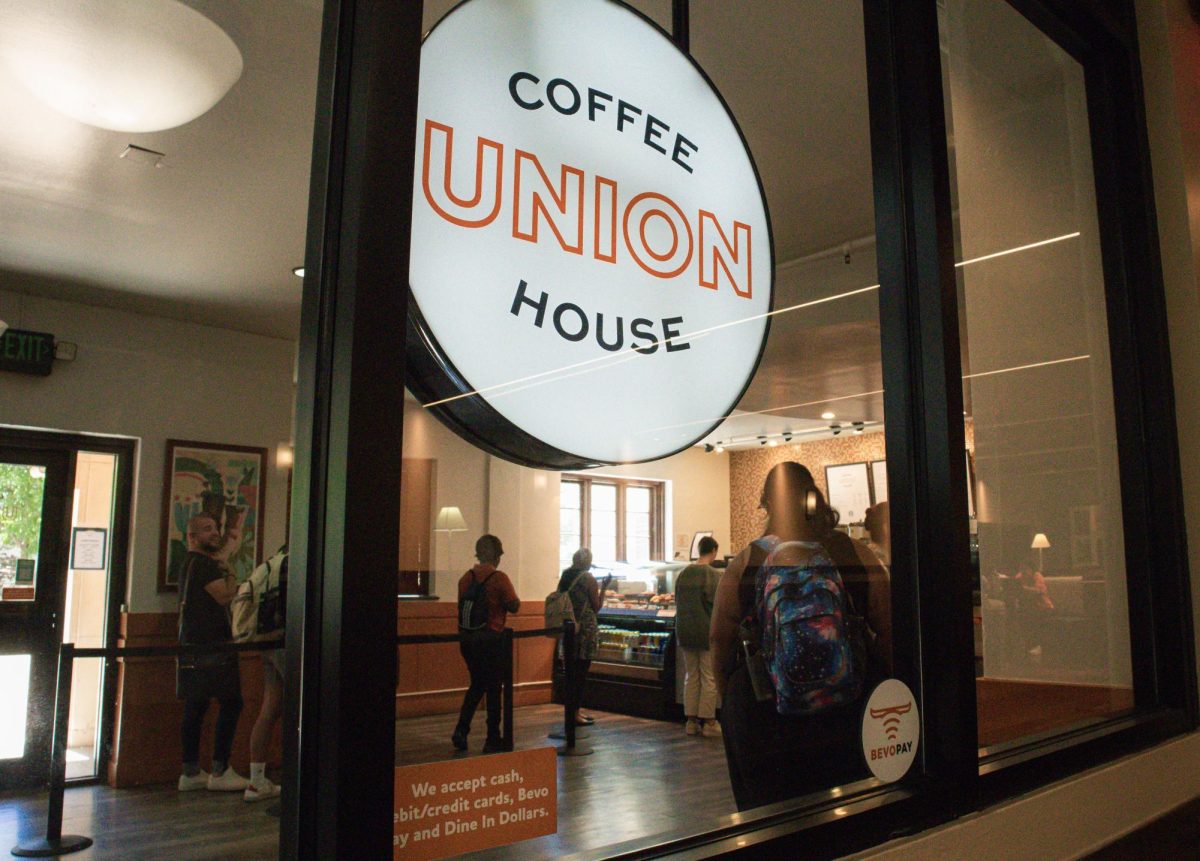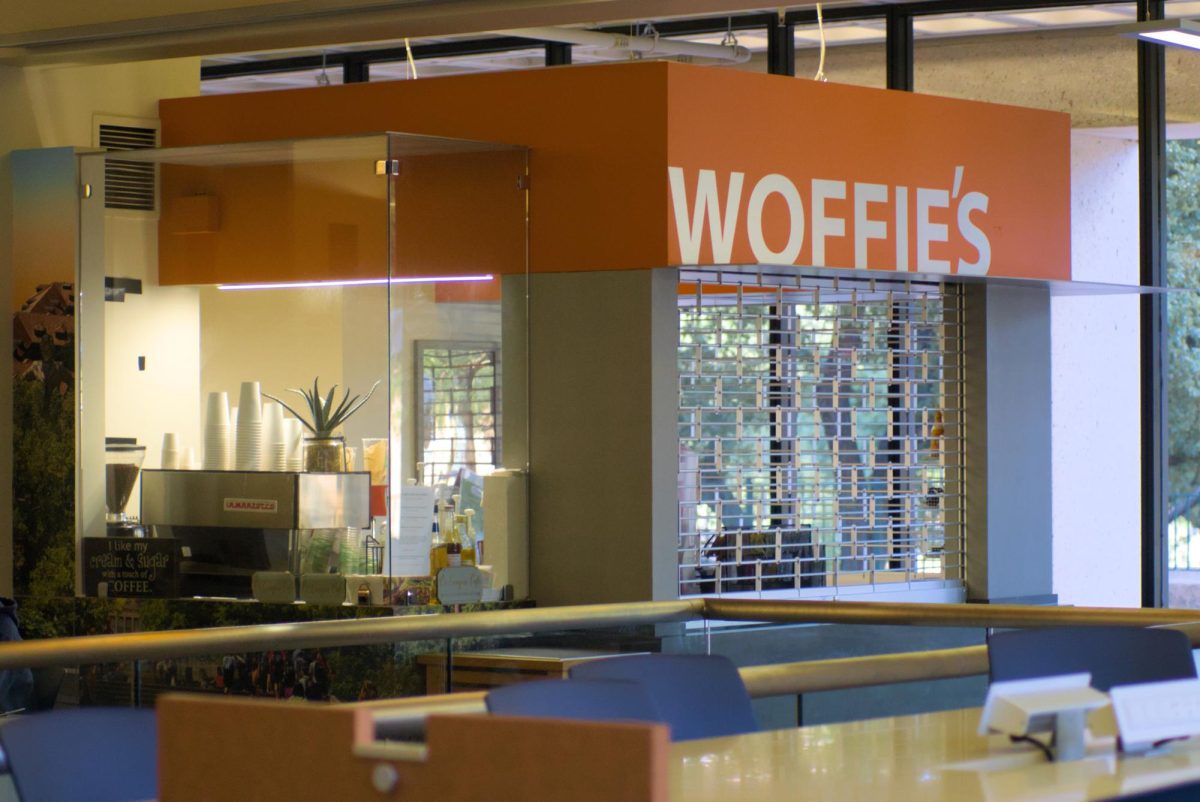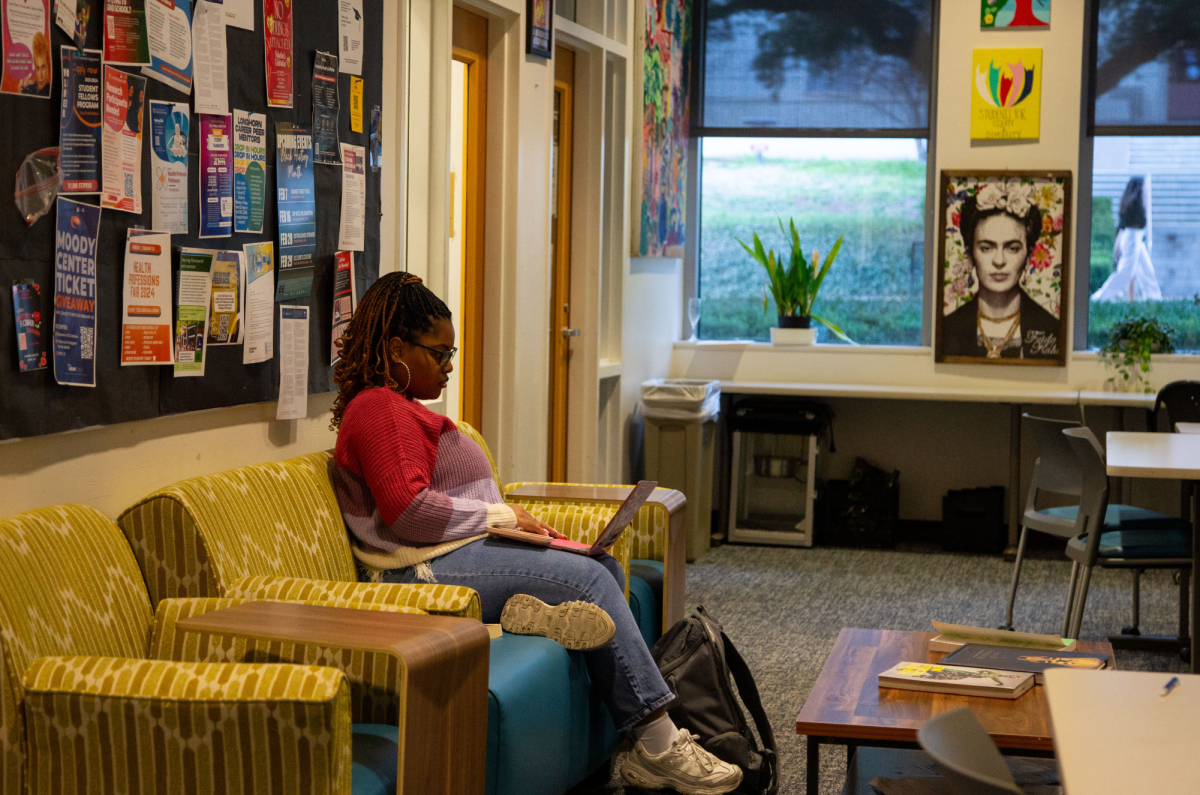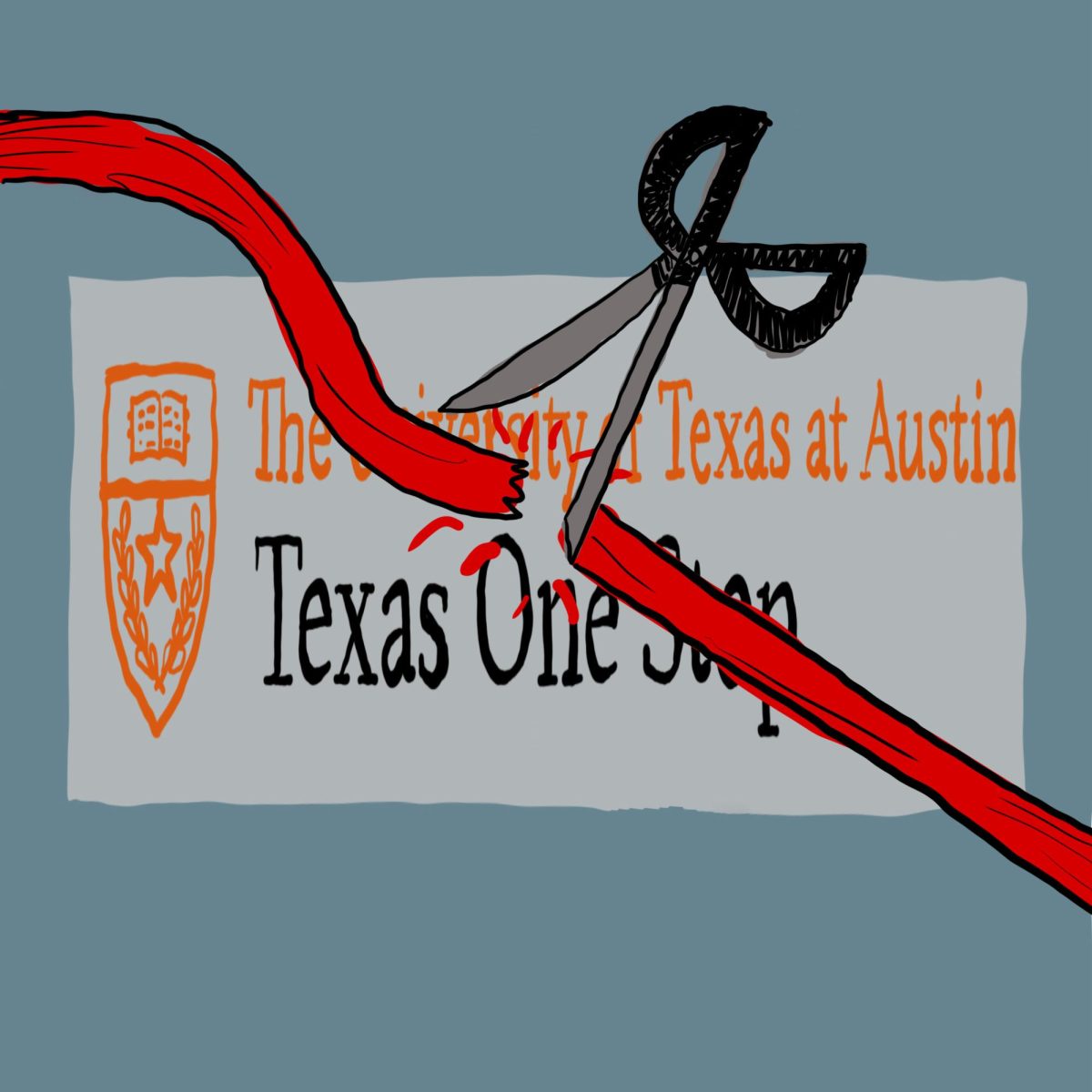The prejudice toward Arab Americans is still rampant in a post-9/11 world, said associate professor Germine Awad in a lecture on the ongoing bias in the U.S. against Middle Easterners.
Awad’s discussion was held Oct. 11 as a part of the College of Communication’s Senior Fellows honors program, which hosts public lectures to foster interdisciplinary dialogue with other departments, said Senior Fellows director Dave Junker.
Junker said the program’s introductory course is centered on the theme of 9/11 and American culture this semester.
Junker said Awad takes an empirical look at prejudice toward Arab Americans as well as other Middle Eastern Americans after 9/11 and brings to light the population of Arab Americans who are diverse in their experiences.
“I think it’s valuable to have empirical research that tries to quantify and assess prejudice, how often it occurs and in what ways beyond our kind of anecdotal understanding of this stuff,“ Junker said. “It helps to document the larger or deeper reality.”
Awad said she remembers being a graduate student when she heard the news of 9/11 and feeling a sense of shock and dismay she’s sure was felt by many Americans. She said she knew the repercussions would be bad for a lot of people.
“People of Middle Eastern descent or perceived to be Middle Eastern [didn’t] necessarily get to have an opinion about 9/11 or get to express emotions that any American was expressing on this day,” Awad said.
She said there was a lot of overgeneralization that occurred during the flurry to provide information about Middle Easterners, Arabs and Muslims after 9/11. She said interest in the project came from reaction to people making statements without proper data.
Awad said she targeted individuals of Arab or Middle Eastern descent and their perceptions of discrimination in her study. She said her study involved 177 participants and used acculturation, ethnic identity and religious identification as the tested variables.
Fifty-two percent of the study sample reported that it has been implied that Arab Americans and Middle Easterners were dangerous or violent as a result of their ethnicity, she said.
“In some ways, [prejudice] was sanctioned by our leadership,” Awad said. “After 9/11, George Bush [was] quoted saying ‘This crusade, this war on terrorism is going to take a while’ using loaded language like crusade, [or] holy war, sort of set the stage for how American attitudes should be towards the Middle East and those who are perceived to be Middle Eastern or Muslim.”
Presently, there have been interventions to reduce prejudice such as bringing people together to foster greater understanding and to open up dialogue about people’s preoccupations, and in that way, strides are made towards trying to decrease prejudice, Awad said.
Printed on Wednesday, October 12, 2011 as: Arab American prejudice still prevalent after Sept. 11



















